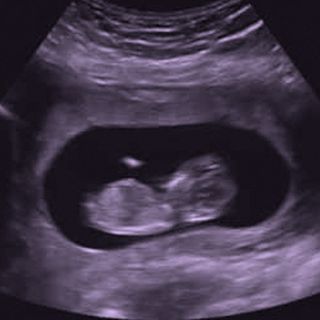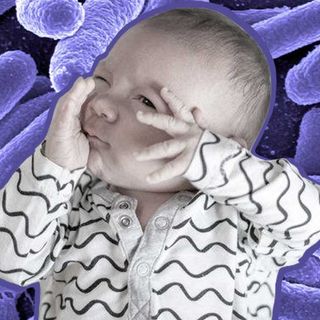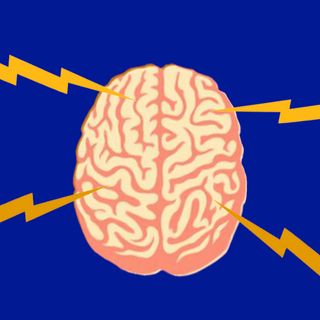Depression is on the rise around the world, and new research finds prenatal depression, or depression during pregnancy, is no exception. Today, young pregnant women are 51% more likely to experience prenatal depression than the women of their mothers’ generation.
Published in JAMA Network Open, the study analyzed data from two generations of women from Southwest England while they were pregnant. The first group of mothers were pregnant between 1990 and 1992, followed by their daughters or sons’ female partners, who were pregnant between 2012 and 2016. Both groups of women were between the ages of 19 and 24 during pregnancy, and were asked to fill out identical questionnaires at the time.
Researchers found that 17% of pregnant women from 1990 to 1992 had high depressive symptom scores on the Edinburgh Postnatal Depression Scale (though this scale was devised for women reporting postpartum depression, it can also be used to effectively gauge depression during pregnancy). In the next generation, 25% of pregnant women had high depressive symptom scores. This increase was not significantly altered after compensating for variables such as education, smoking, body mass index, etc.
Of course, the difference between the two generations could be partially due to the destigmatization of depression in recent years, which would mean young women today are more inclined to report their depression. The study also noted that the general increase of cases of clinical depression would be reflected in pregnant young women. The factors that have lead to this general increase, such as chronic stress, sleep deprivation, and frequent social media use, can be amplified during pregnancy, the researchers noted.
Additionally, the number of working mothers has increased substantially from 1990, and financial pressures are arguably greater today. Work and financial pressure have been associated with depression during pregnancy, and could possibly be contributing to the increase in prenatal depression. The researchers also pointed out that women are having children at older ages than they were in 1990, and so young mothers today may feel more socially isolated or ostracized than those in the previous generation.
The researchers also found that, like clinical depression, prenatal depression might also be linked to genetics. 54% of women in the study whose mothers had prenatal depression suffered from depression themselves during pregnancy, as opposed to the 16% of women who had prenatal depression when their mothers did not. However, the researchers called for further studies to confirm this link is, in fact, specific to perinatal depression, by distinguishing between prenatal onset depression as opposed to a continuation of depression from before pregnancy.
Between 10 to 15% pregnant women are believed to suffer from prenatal or postnatal depression – problems that seriously impact the mother’s health, and also increase the risk of emotional, behavioral, and cognitive difficulties in the child. The study’s authors believe that any increase in cases of prenatal depression should be treated as a public health concern, and highlight the need for both further research and measures to provide support to young pregnant women suffering from depression.




